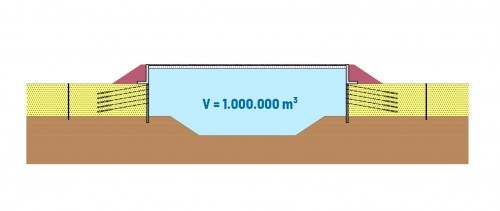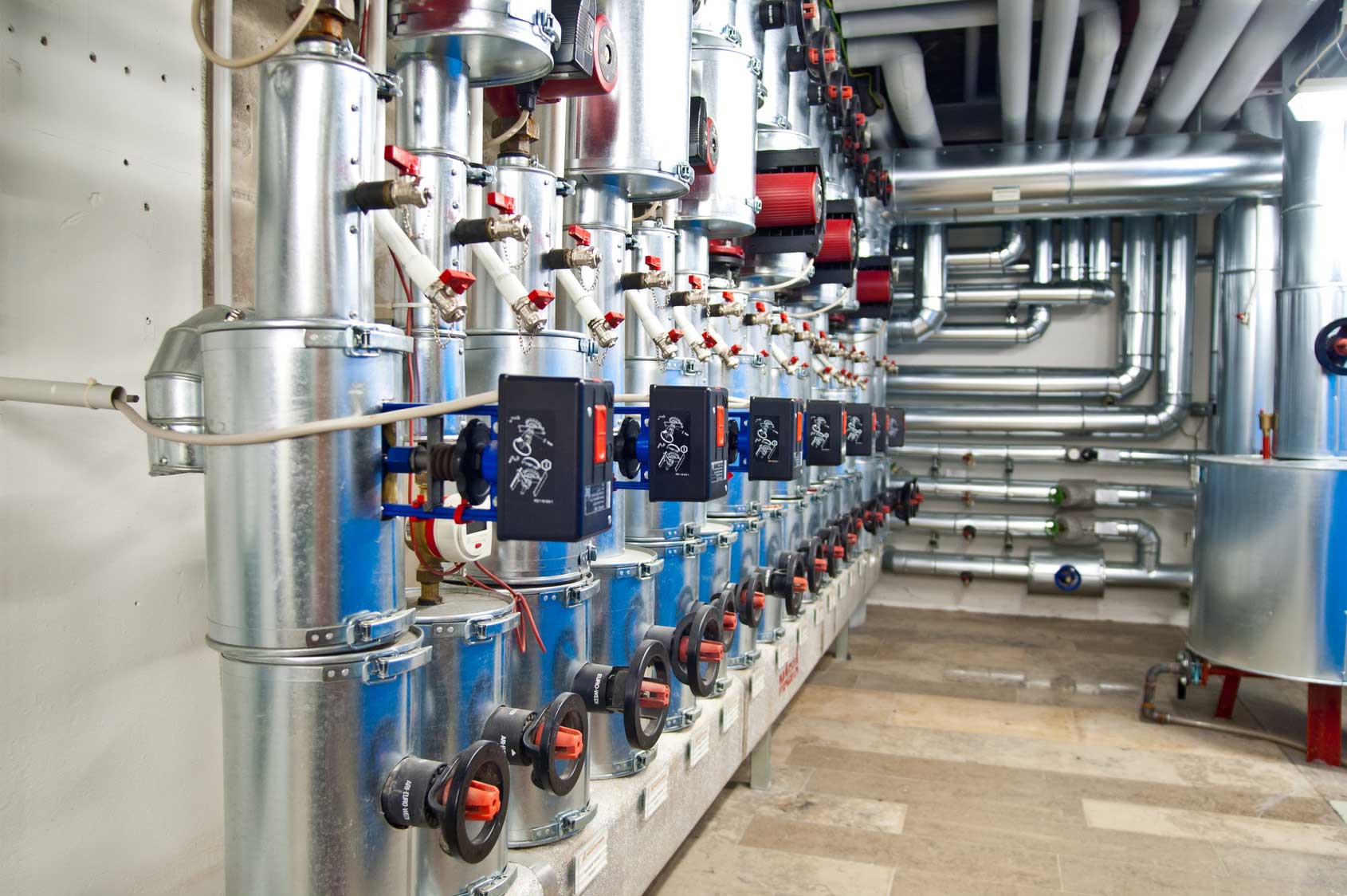Electrical and thermal storage systems are key technologies for an energy system based on renewable, fluctuating sources such as wind and solar power. They allow both short-term and seasonal fluctuations to be balanced and provide grids with flexibility, putting them in a position to make a significant contribution to system stability, security and supply quality. Storage technologies and their various areas of application require further research, development and trials if they are to be able to perform central functions in an integrated energy system in the future.
The IEA’s technology collaboration programme Energy Conservation through Energy Storage (ECES TCP) has set out to research, develop, implement and integrate new energy storage technologies. As energy storage is an interdisciplinary topic, expertise from all areas of energy supply (energy production, final consumption and distribution) must be pooled centrally. The aim is to optimise the energy efficiency of energy systems and promote the use of more renewable energy sources by using storage systems. There is both a technical and an economic need for innovations. Research and development work is geared towards reducing investment costs, extending service lives, increasing efficiency and improving safety for storage systems as well as giving them a compact design. Suitable framework conditions and business models also need to be developed. As part of the TCP ECES, research activities on the development, distribution and market introduction of storage systems are carried out and numerous coordination activities are organized.
https://nachhaltigwirtschaften.at/de/iea/technologieprogramme/eces/
![]()
Giga_TES giga-scale reservoir
ImThe Austrian flagship project Giga_TES (Giga-Scale Thermal Energy Storage for Renewable Districts) is conducting research into concepts for giga-scale storage systems that supply districts with renewable heating and developing suitable materials, components and system technologies for giga-scale thermal storage systems. Led by AEE INTEC,* leading Austrian producers of materials and components, energy providers and stakeholders in the construction industry are collaborating with national and international research centres. In the energy system of the future, giga-scale storage systems will require ten times more storage volume than the heat accumulators of today. To be able to supply district heating networks with renewable energy, large quantities of renewable and waste heat will have to be stored and the heating networks will have to offer a high degree of flexibility. In towns and cities, giga-scale storage systems of this kind will be built underground. Their vertical construction method and large volume will place high demands on the materials and designs used. Issues related to the construction of the storage systems, geology and geophysics, materials, how to combine giga-scale storage and the district heating network, operational behaviour, economic aspects and acceptance by the public are being studied at three locations in Austria and for various sizes of storage systems (volumes of between 100,000 and 2,000,000 m3). The findings will underpin a set of design guidelines for planning and building storage systems like these in Austria.

The results obtained to date are highly complex and include, for example, completely new ways of designing and constructing walls and covers, new polymer materials for water- and vapour-tight layers that measurements have shown to significantly extend service lives as well as new simulation methods for components and systems.
www.gigates.at
* Project partners: AEE – Institute for Sustainable Technologies (AEE INTEC) (project management), agru Kunststofftechnik GmbH, Bilfinger VAM Anlagentechnik GmbH, Gabriel-Chemie GmbH, Geologie und Grundwasser GmbH, GVT Verfahrenstechnik GmbH, Ingenieurbüro ste.p ZT-GmbH, Lenzing Plastics GmbH & Co KG, Metawell GmbH, PORR Bau GmbH, S.O.L.I.D. Gesellschaft für Solarinstallation und Design m.b.H., Salzburg AG für Energie, Verkehr und Telekommunikation, Smart Minerals GmbH, WIEN ENERGIE GmbH, University of Innsbruck, Johannes Kepler University Linz, SOLITES, PlanEnergi
